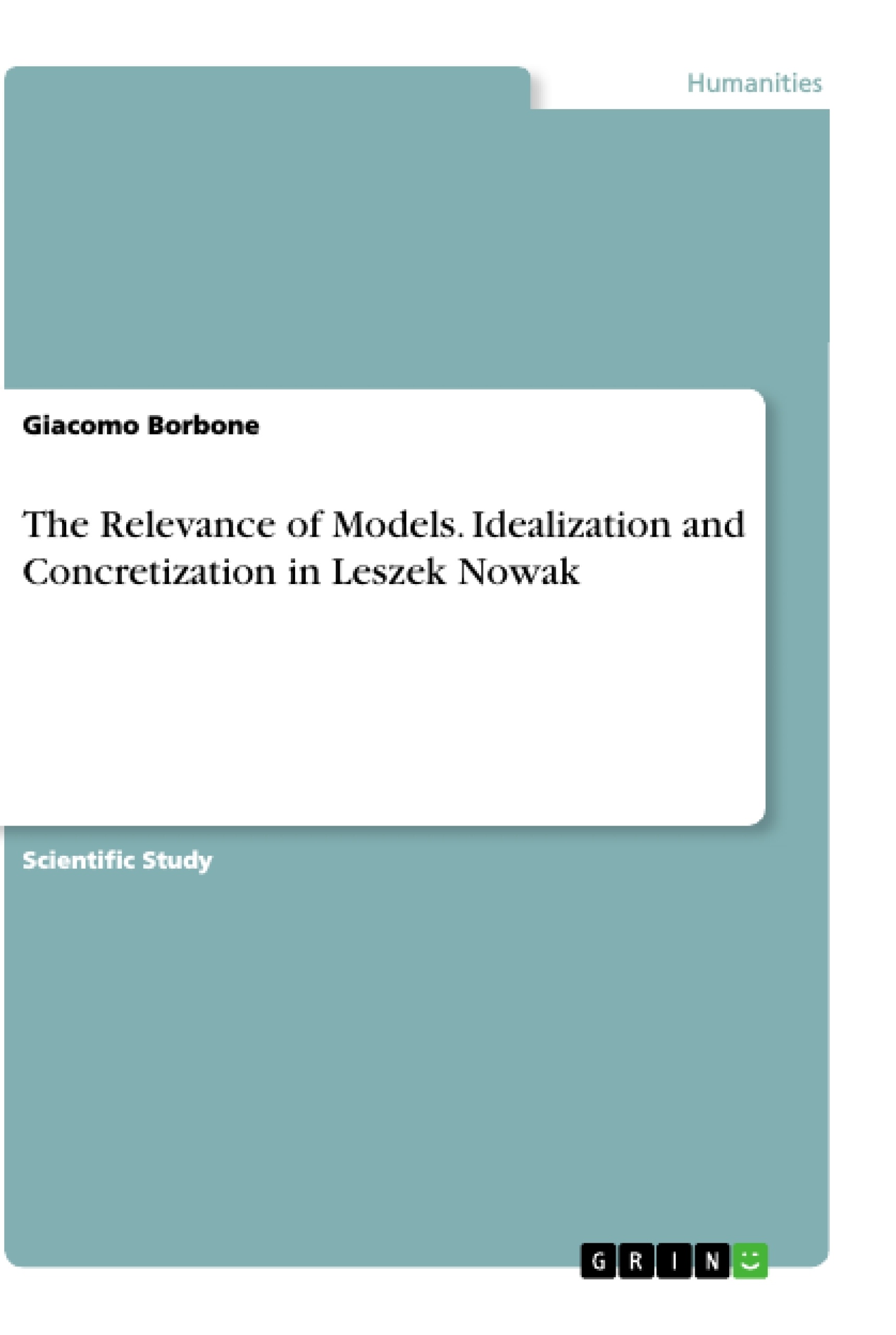This work, which is the result of a series of studies dating back to my first Polish stay at the “Adam Mickiewicz” University in Poznań in 2008 and which is the most updated version of the edition published for the first time in Italian in 2016, would never have been completed without the vital human and material support of Professor Francesco Coniglione of the University of Catania.
Polish philosophy of the twentieth century provided original and fundamental contributions to the development of the most important questions of logic, epistemology, and philosophy that for a long time have kept occupied the most acute minds of Western culture. However, due to a series of barriers that are very difficult to break down, few people know that many of the most important philosophical and logical-epistemological themes provided to us by the authors mentioned above have been widely and simultaneously dealt with by the leading exponents of twentieth-century Polish philosophy, who have anticipated and developed some of the most important logical-epistemological reflections of the twentieth century; moreover, some of them have become promoters and creators of the so-called idealizational conception of science.
The idealizational conception of science was developed and elaborated with greater awareness and systematicity by the Polish philosopher Leszek Nowak (object of study of this work) and by the other methodologists of the Poznań School. So, in this work I will consider Nowak’s idealizational approach to science, the distinction between abstraction and idealization and the relationship of Nowak’s approach with contemporary epistemology.
Inhaltsverzeichnis (Table of Contents)
- INTRODUCTION
- THE IDEALIZATIONAL THEORY OF SCIENCE
- The Problem of Idealization
- The Idealizational Conception of Science
- Idealization in Science: An Overview
- CONCRETIZATION AS THE GOAL OF SCIENTIFIC KNOWLEDGE
- Concretization as the Objective of Scientific Knowledge
- Concretization and the Development of Science
- Science as a Process of Concretization
- ABSTRACTIONS AND IDEALIZATIONS
- Abstraction and Idealization
- Abstraction and the Role of Concepts
- Abstraction as a Foundation for Idealization
- APPROXIMATION AND CONVERGENCE TO REALITY
- Approximation as a Tool of Scientific Inquiry
- Approximation and the Role of Models
- Approximation as a Means to Convergence with Reality
- CONCLUSION
Zielsetzung und Themenschwerpunkte (Objectives and Key Themes)
This work examines the idealizational approach to science, developed and elaborated by Polish philosopher Leszek Nowak, and its relationship to contemporary epistemology. The author explores Nowak's distinction between abstraction and idealization and the role of concretization in scientific knowledge. The author seeks to clarify the significance of Nowak's idealizational conception of science in the context of twentieth-century Polish philosophy.
- The idealizational approach to science
- The distinction between abstraction and idealization
- The role of concretization in scientific knowledge
- The relationship between Nowak's approach and contemporary epistemology
- The historical context of Nowak's work within Polish philosophy
Zusammenfassung der Kapitel (Chapter Summaries)
The introduction provides an overview of the work's scope and introduces Leszek Nowak's idealizational conception of science as a significant contribution to twentieth-century Polish philosophy. The chapter highlights the importance of understanding Nowak's work in light of the contributions of earlier Polish philosophers, such as Kazimierz Ajdukiewicz.
Chapter 1 delves into the theoretical foundation of the idealizational theory of science, emphasizing the distinction between abstraction and idealization. The chapter explores how the idealizational approach allows for the creation of scientific models and their role in understanding reality.
Chapter 2 focuses on the concept of concretization as the ultimate goal of scientific knowledge. The author argues that science is a process of gradually approaching reality through a series of idealizations and approximations.
Chapter 3 examines the relationship between abstractions and idealizations, highlighting how abstractions serve as the foundation for idealizations in scientific inquiry. The chapter emphasizes the importance of understanding the conceptual tools used in scientific investigation.
Chapter 4 explores the role of approximation in scientific knowledge, demonstrating how it functions as a tool for approaching reality. The author discusses the significance of models in scientific inquiry and their role in bridging the gap between theory and observation.
Schlüsselwörter (Keywords)
This work explores the primary concepts and key themes of Leszek Nowak's idealizational theory of science, including abstraction, approximation, concretization, idealization, and scientific method. The text examines the role of models and their connection to the process of scientific inquiry, as well as the historical and philosophical context of Nowak's work within twentieth-century Polish philosophy.
Frequently Asked Questions
Who was Leszek Nowak?
Leszek Nowak was a prominent 20th-century Polish philosopher and a leading figure of the Poznań School, known for developing the idealizational theory of science.
What is the "Idealizational Conception of Science"?
It is an epistemological approach that views scientific laws not as direct descriptions of reality, but as statements based on idealizing assumptions that simplify complex phenomena.
What is the difference between abstraction and idealization?
Abstraction involves leaving out certain properties, while idealization involves assuming certain factors have a zero value or are in a perfect state to build theoretical models.
What is the role of "Concretization"?
Concretization is the process of gradually reintroducing the factors previously ignored during idealization to make the model more realistic and applicable to actual observations.
Why is the Poznań School significant?
The school anticipated and developed many important 20th-century logical-epistemological themes, contributing original perspectives to Western philosophy.
- Quote paper
- PhD Giacomo Borbone (Author), 2021, The Relevance of Models. Idealization and Concretization in Leszek Nowak, Munich, GRIN Verlag, https://www.grin.com/document/999117



